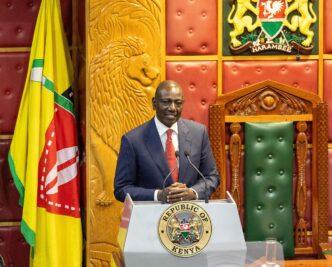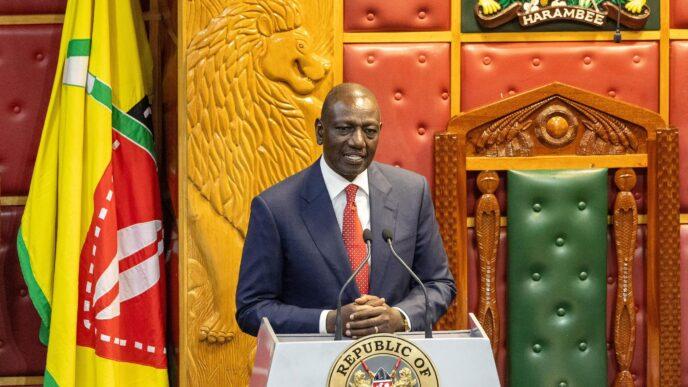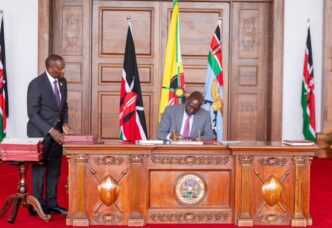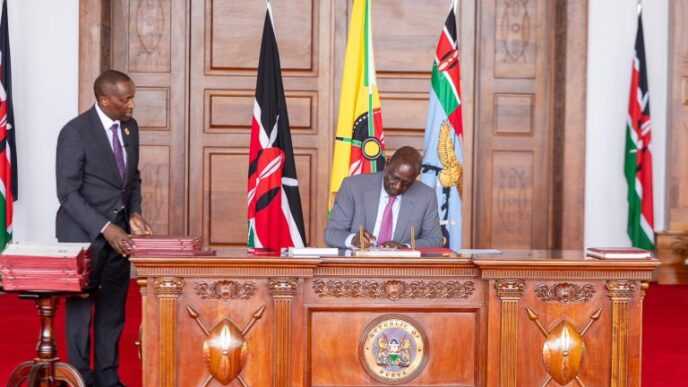Zimbabwe has launched a transformative land policy designed to empower Black farmers with direct ownership and access to credit facilities.
Announced by President Emmerson Mnangagwa on Friday, the new policy allows farmers to obtain title deeds, making land bankable and transferable for the first time in decades.
A Game-Changing Shift in Land Ownership
Under the new framework, Black Zimbabwean farmers who benefited from land reforms can now sell or transfer their farms.
However, these transactions are restricted to Indigenous Zimbabweans and require government approval. Speaking at an event on his farm near Kwekwe city, Mnangagwa underscored the significance of this policy:
“This initiative unlocks the value of land, making it bankable and transferable. It ensures our farmers access credit facilities and transitions many from poverty into prosperity,” he said.
Addressing Decades-Old Challenges
The land reforms, initiated in 2000 by then-President Robert Mugabe, redistributed fertile farmland from about 4,500 white farmers to tens of thousands of Black families.
Although the policy was framed as rectifying colonial injustices, the absence of land ownership rights hindered farmers from securing loans.
“For over 20 years, the lack of secure land tenure has limited agricultural growth,” noted Mnangagwa.
The absence of legal ownership and the violence accompanying the initial seizures devastated Zimbabwe’s commercial farming sector, turning a once-thriving food exporter into a nation dependent on foreign aid.
Title Deeds: Paving the Way for Financial Inclusion
Friday’s event saw several farmers, including Mnangagwa himself, receive title deeds. This step is expected to restore confidence among financial institutions, enabling resettled farmers to use their land as collateral for loans.
A technical committee has also been established to streamline the process for more farmers to receive their deeds. The goal is to empower these farmers to invest in modern agricultural practices and improve productivity.
Historical Context and Future Prospects
The initial land reforms, though politically significant, came at a steep cost. Forced removals of white farmers often involved violence, as documented by Human Rights Watch. The disruptions led to economic challenges and reduced Zimbabwe’s agricultural output.
Despite recent progress in reviving the sector, climate challenges such as droughts continue to threaten food security. Mnangagwa remains optimistic that the new policy will address the financial constraints that have plagued farmers for decades.
A Move Toward Compensation
In October, Finance Minister Mthuli Ncube announced plans to compensate local and foreign white farmers who lost land during the early 2000s.
This measure, combined with the new land ownership policy, seeks to balance past injustices with sustainable agricultural growth.
Revitalizing Zimbabwe’s Agricultural Growth
This landmark policy aims to restore Zimbabwe’s agricultural legacy while fostering economic growth and stability. By granting title deeds, the government hopes to bridge the gap between resettled farmers and financial institutions, creating a pathway toward prosperity.
Read More:















